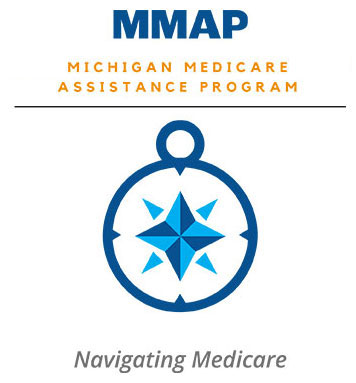Senior Content Strategist at NCOA
Key Takeaways
- March is National Nutrition Month, a perfect time to learn about healthy eating habits.
- Eating a balanced, nutrient-dense diet is critical across the lifespan, helping us feel our best and reduce our risk of chronic diseases.
- Our infographic offers six tips to help you eat well as you age.
Nutrition is important at all ages, but especially as we grow older. The U.S. Departments of Agriculture (USDA) and Health and Human Services released updated guidelines last year, focusing on nutrition for healthy living at every stage—from infancy through older adulthood, or adults age 60 and older.
Here are six tips to help you eat well and improve your nutrition as you get older:
- Know what a healthy plate looks like. Good nutrition can help older adults feel their best and stay strong. Include more fruit, vegetables, whole grains, and dairy in your diet.
- Look for important nutrients in the foods you eat. Where possible, limit your consumption of added sugars, saturated fat, and sodium. Flavoring foods with herbs and spices can help you lower your intake of sugars, salt, and saturated fats.
- Read nutrition labels to be a smart shopper. The U.S. Food and Drug Administration (FDA) has a tool to help you make informed food choices that can have positive effects on your health and wellness. According to the FDA, too much or too little nutrients could increase your risk of certain chronic diseases, such as heart disease and high blood pressure.
- Use recommended servings (and pay close attention to calories when you can). In general, women age 60+ need about 1,600-2,200 calories per day, while men require about 2,000-2,600 calories per day. Your calorie intake my depend, varying on your age, sex, height, weight, and physical activity level. The USDA’s MyPlate Plan shows your food group targets, along with what and how much to eat within your calorie allowance.
- Stay hydrated. Adults 60 and older are at greater risk for dehydration for a number of reasons, including natural drops in thirst levels and body composition changes. Drinking plenty of water is a simple yet vital part of maintaining good health, especially as we get older. Other good beverage choices include unsweetened fruit or low sodium vegetable juice, low-fat (or fat-free) milk, or fortified soy beverages. Fluids can also be obtained from foods containing water, such as soup and fruits and vegetables.
- Discover how the Supplemental Nutrition Assistance Program (SNAP) can help stretch your food budget. Recent updates to the SNAP program mean that a healthier diet may be in better reach for you. See what foods qualify for purchase under the plan.
During March, the Academy of Nutrition and Dietetics is encouraging everyone to learn about making informed food choices and developing healthful eating and physical activity habits.

